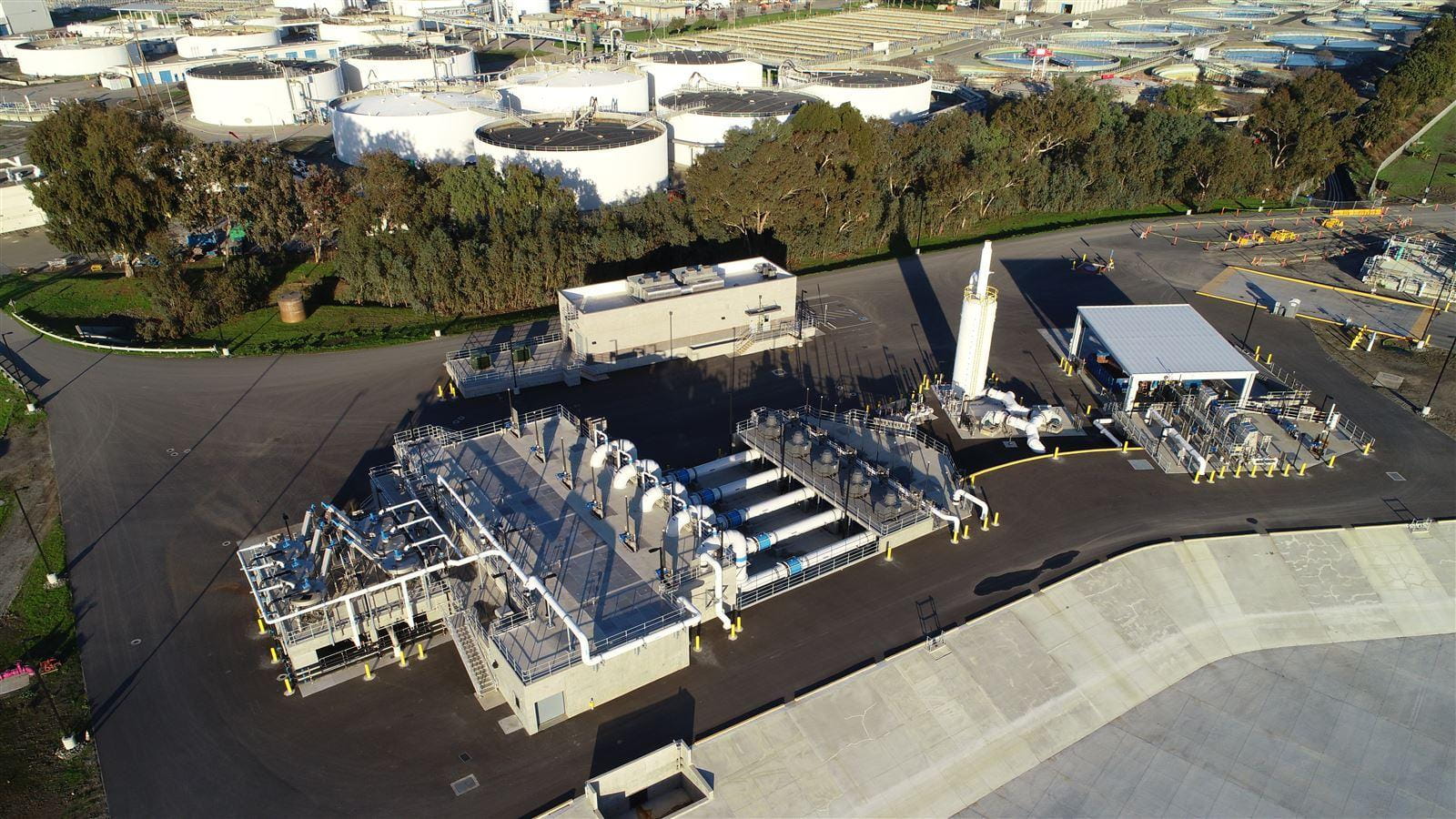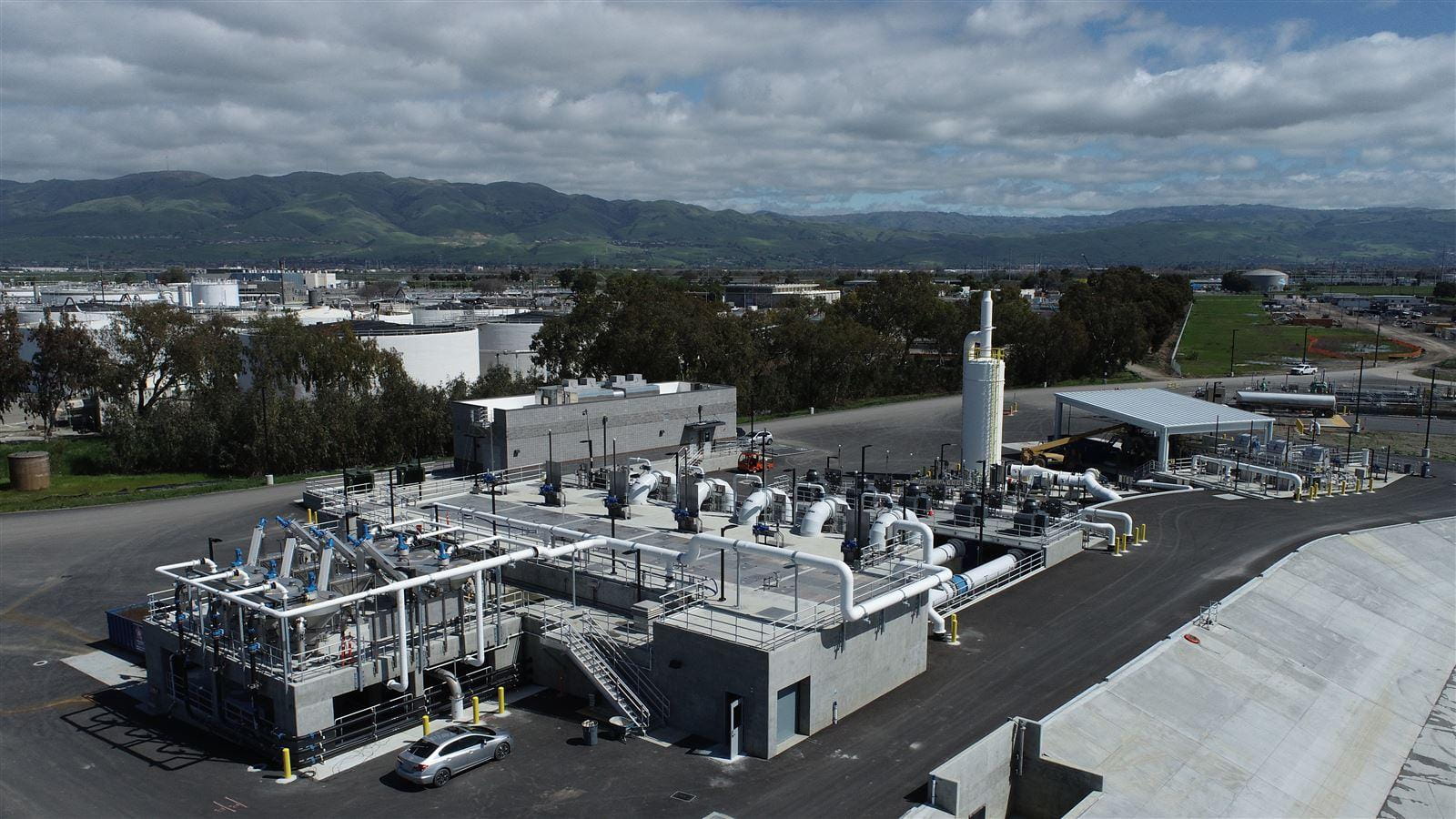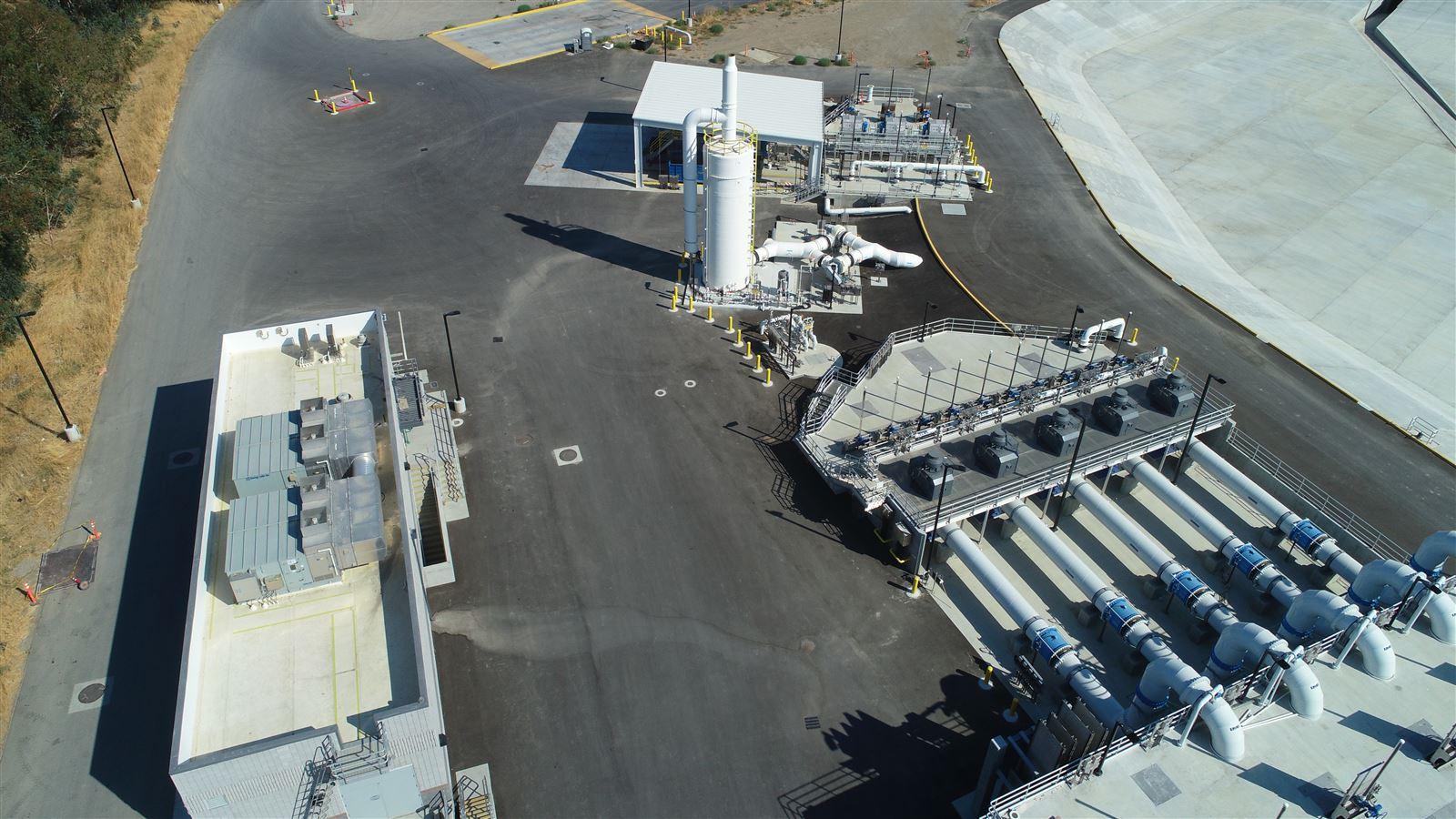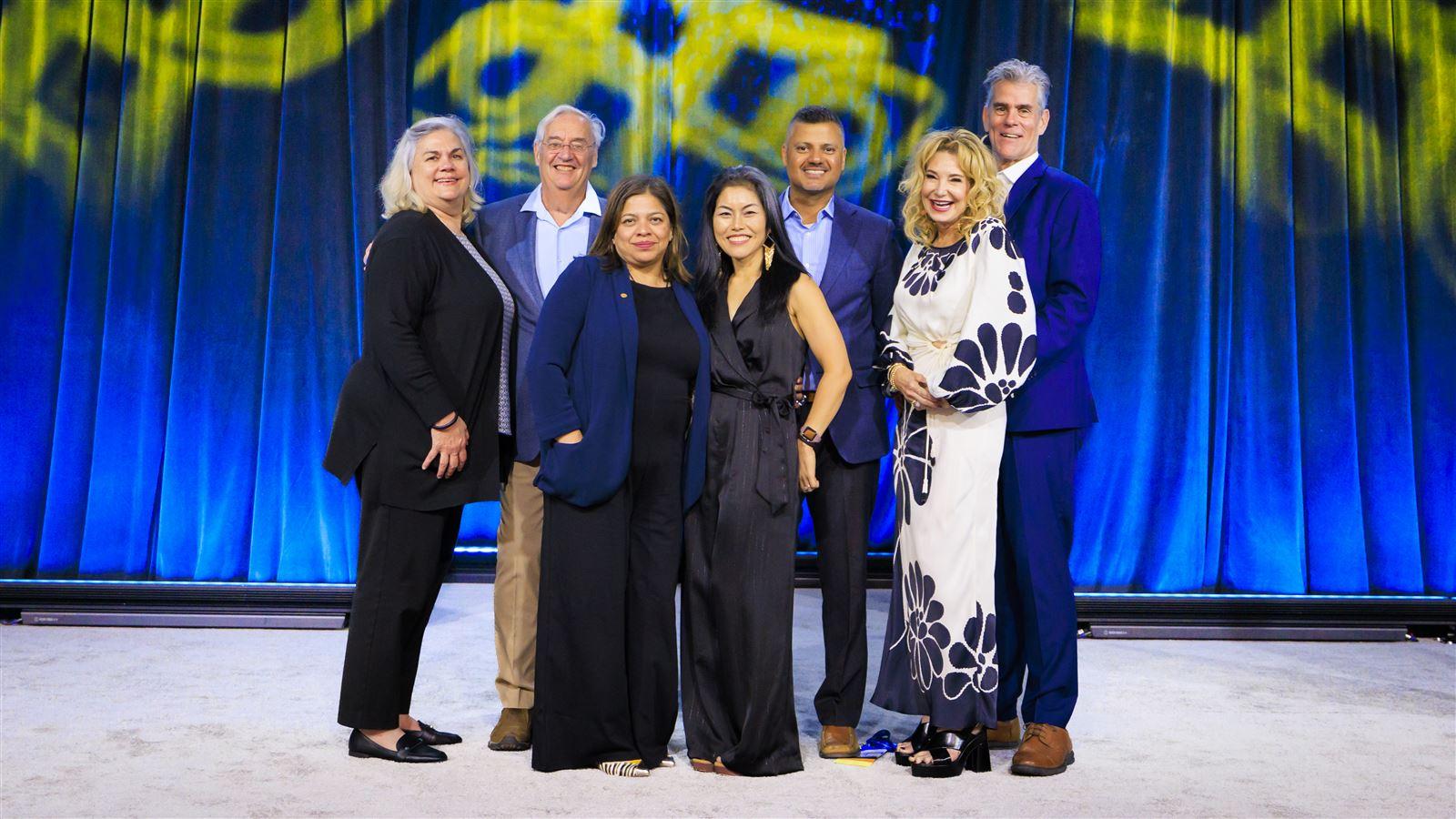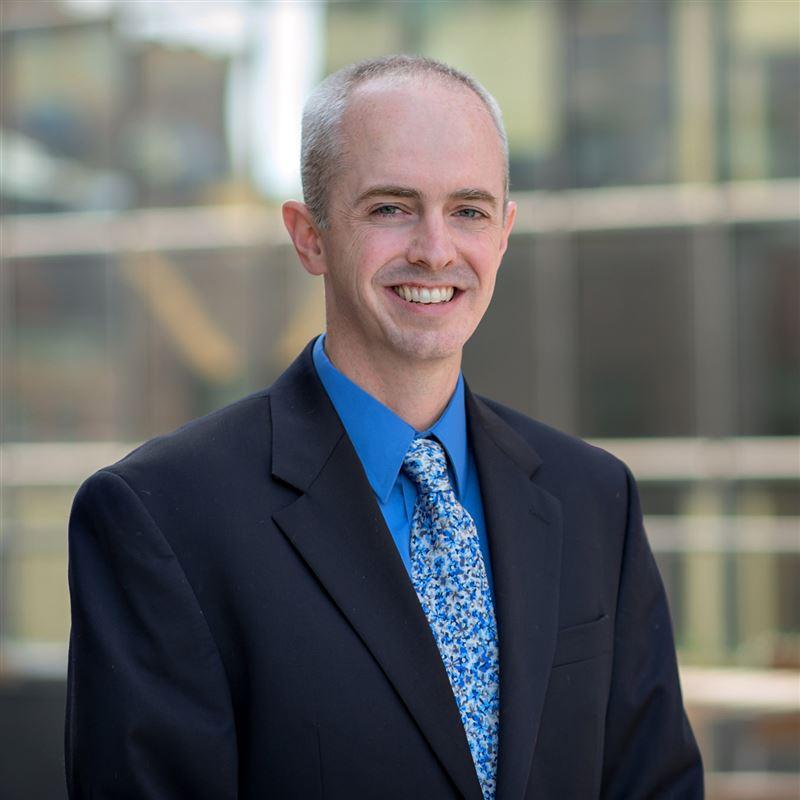Progressive Pretreatment System Improvements in San Jose
The San José/Santa Clara Regional Wastewater Facility (RWF) serves more than 1.4 million residents and 17,000 businesses in eight cities and four sanitation districts around Santa Clara County. It’s no stranger to infrastructure upgrades; since its construction in 1956 the RWF has been expanded to handle higher flows and provide stricter environmental protections. But the Headworks, responsible for pretreatment of influent at the facility, has been in dire need of repair to improve reliability, operability, and safety.
Headworks upgrades are notoriously complex. This particular undertaking was even more so since the RWF has one of the largest tertiary treatment plants on the West Coast. To help manage this, the project was completed in two parts: part one focused on making critical improvements to the facility’s existing headworks (HW2) facility and part two focused on the design and construction of a new 260-million gallon per day (mgd) headworks (HW3) and decommissioning of HW1.
The RWF enlisted the help of CDM Smith’s water reclamation and construction management experts to develop a path forward that would meet the city’s objectives in a timely and cost-effective manner.
progressive design-build at work
As part of a highly detailed set of procurement documents, CDM Smith prepared a conceptual design with sufficient-enough detail to provide guidance to contractors but with enough flexibility to encourage innovation during the bid phase.
The project team also guided the PDB contractor as they developed the city’s concept design, participating in initial planning meetings and workshops, and reviewing design submittals to make sure the city’s vision was captured in the final design product.
“Because of our team’s long history with progressive design-build for large-scale wastewater treatment facilities, not only did we understand the issues that are likely to come up during construction, but we were able to anticipate the most likely problems along the way,” says construction manager Matt Smith. This allowed the team to proactively make design decisions to keep the project on budget and schedule.
“We also developed a simple but robust dashboard that keeps the RWF up to date on the status of key metrics like safety, quality and performance,” Smith adds.
reducing energy to boost sustainability
Not only did we understand the issues that were likely to come up during construction, but we were able to anticipate the most likely problems along the way.
Lasting Results and National Recognition
The RWF’s new Headworks 3 improves performance and dependability, preparing the facility to handle changing climate conditions like rising sea level, natural disasters, and population growth. Thanks to the new Headworks, the facility can now treat up to 400 mgd of wastewater.
The project was delivered on time and on budget even through the pandemic. It is recognized with the 2024 Project Achievement Award by the Construction Management Association of America (CMAA) for outstanding construction management, two national awards from the Design Build Institute of America (DBIA), and the Engineering Achievement Award from the CWEA Santa Clara Valley Section.

